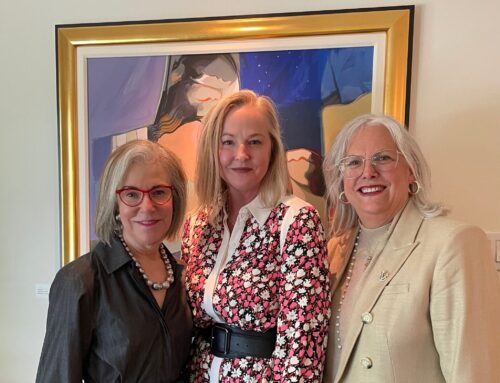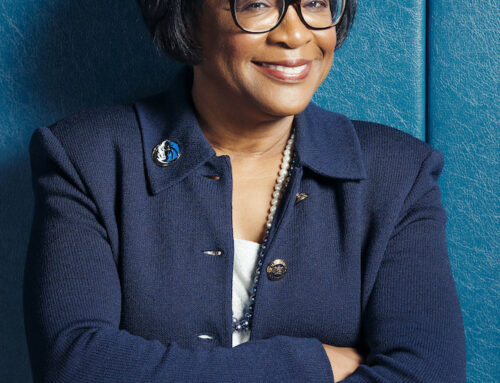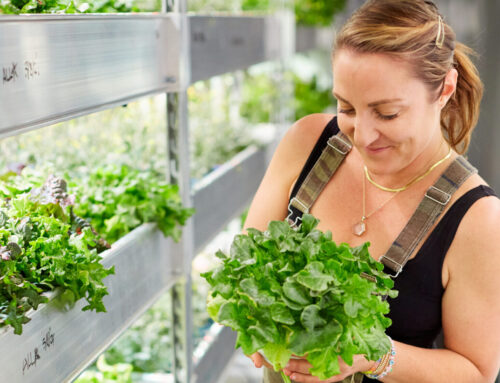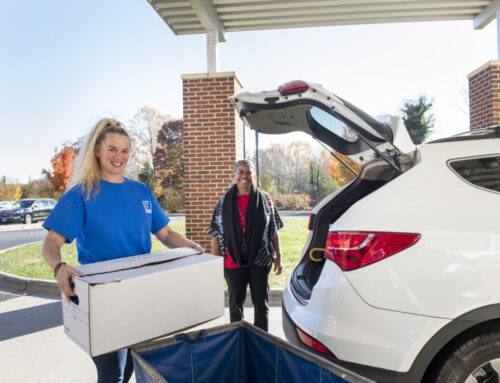Bill and Melinda Gates released their annual letter today, reflecting on the pandemic and their efforts to improve global health.
In the letter, “The year global health went local,” Ursuline graduate Melinda Gates and her husband explain the work of the Bill & Melinda Gates Foundation in combatting diseases across the world, including COVID-19, and specifically helping the world’s poorest people.
The foundation has donated $1.75 billion so far in addressing COVID-19, and most of that has gone toward producing medical supplies and transporting them where they need to go.
Melinda writes that one thing she misses as a result of the pandemic is being able to travel to see the work the foundation is doing, and she wonders how the people she’s met are experiencing and dealing with COVID-19, showing her understanding of health inequality among different communities.
“From the beginning of the pandemic, our foundation has worked with partners in the United States and around the world to address the uneven social and economic impacts of COVID-19 and keep those pre-existing inequalities from growing deeper,” she writes.
One action the foundation has taken in the U.S. is to partner with historically Black colleges and universities to expand diagnostic testing capacity on their campuses.
Outside the U.S., the foundation is encouraging governments to include women, who are experiencing the pandemic and the economic downturn differently, as key players in their response to COVID-19.
Melinda also writes she and her husband are concerned another result of the pandemic will be “immunity inequality,” where the wealthiest people have access to a vaccine, but poorer people do not. If wealthy countries do not make it a priority to provide lifesaving vaccines for all people, she writes, new clusters of the disease will spring up and spread, causing additional closures and perpetuating inequality.
“Demanding an inclusive response will save lives and livelihoods now—and create a foundation for a post-pandemic world that is stronger, more equal, and more resilient,” Melinda writes.






